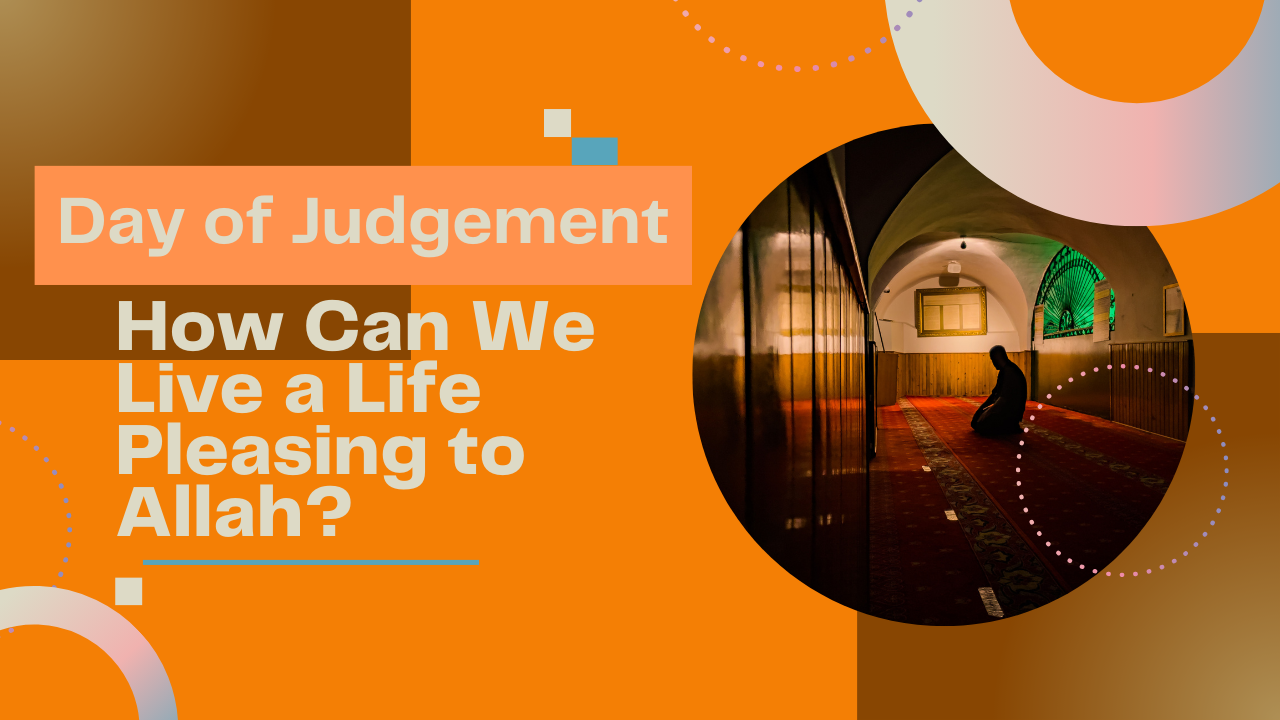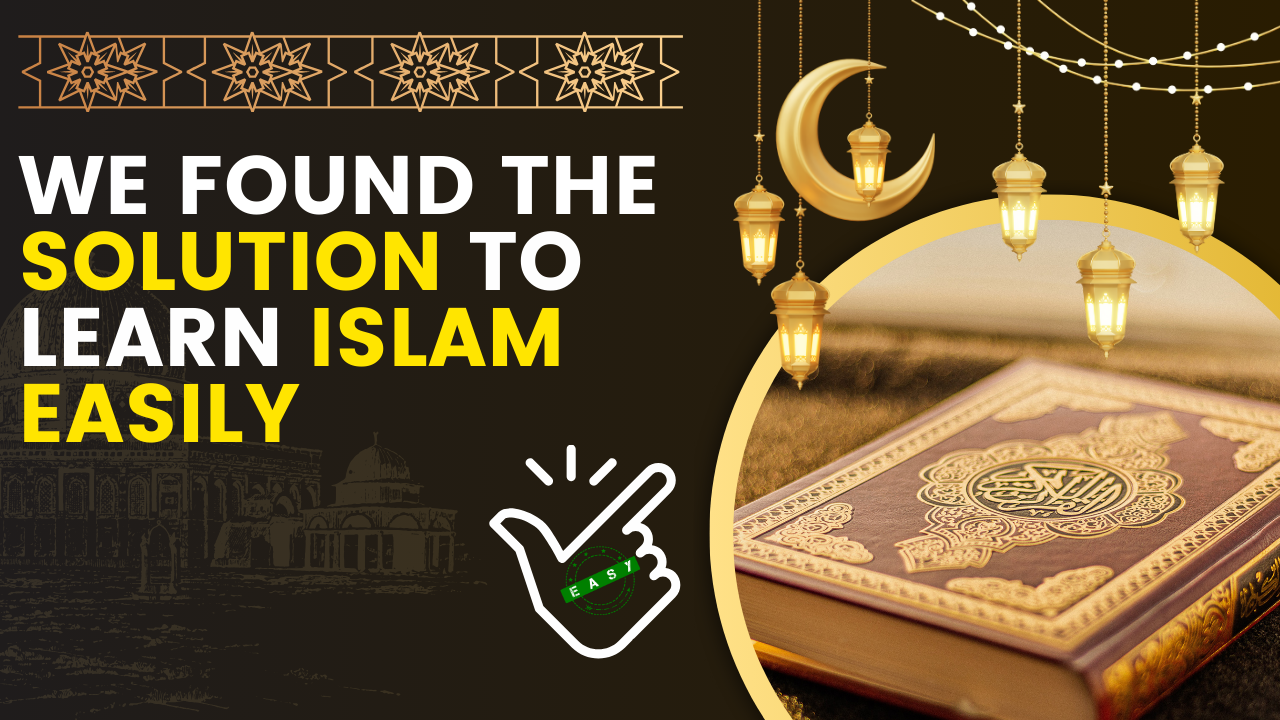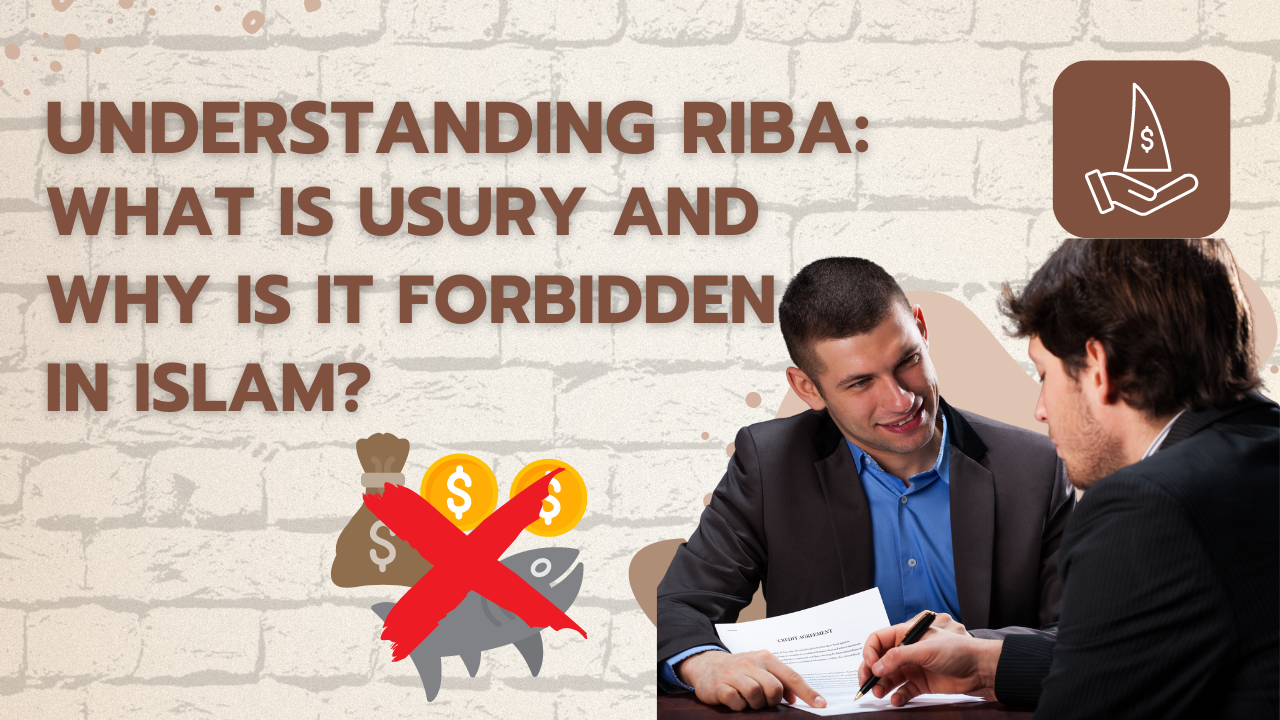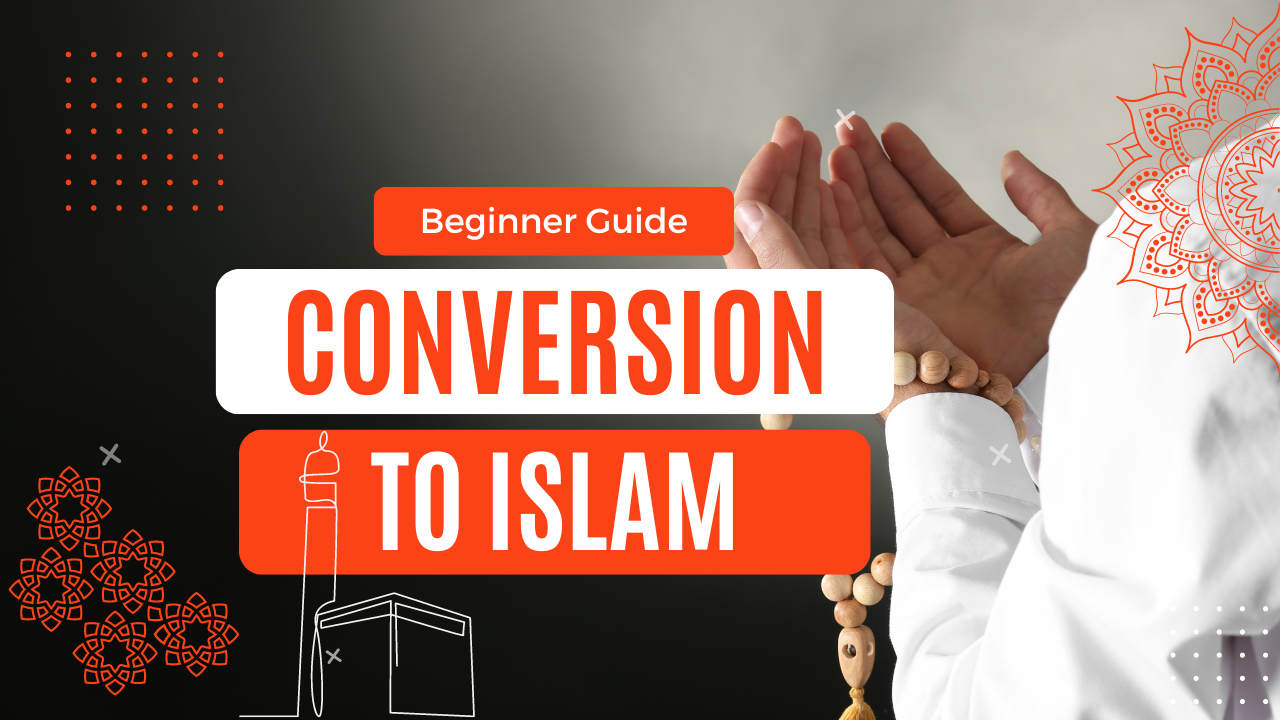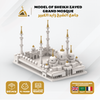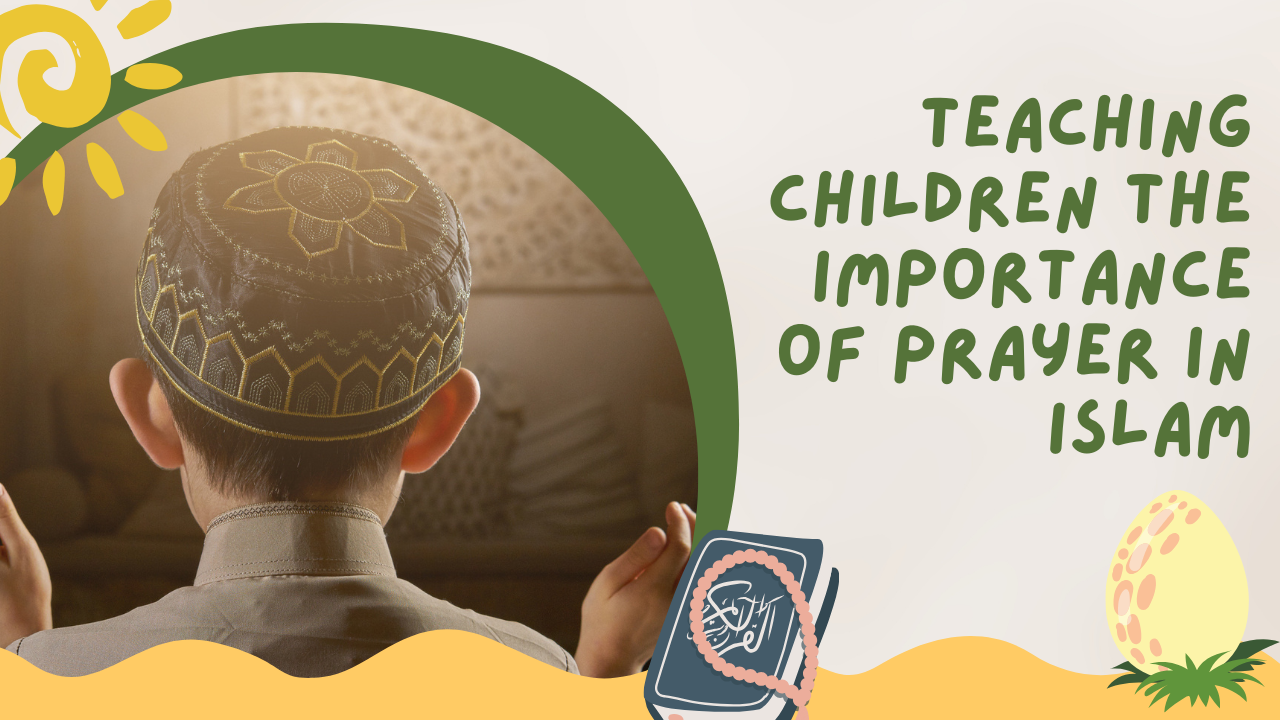Islam, a religion emphasizing compassion and justice, places immense value on children. Understanding children's rights within Islamic teachings is crucial for raising healthy family dynamics and raising well-adjusted individuals.
Introduction
The teachings of Islam encourage parents to not only fulfill their children's physical needs but also to nurture their emotional, psychological, and spiritual well-being. Let’s explore the vital aspect of Islamic family life, providing a framework for parents seeking to raise their children according to Islamic principles.
Children’s Rights in Islam
Children's rights in Islam encompass a range of entitlements ensuring their well-being and development. These include, but are not limited to, the right to life, a good upbringing, education, inheritance, and respect. Recognizing these rights promotes a strong foundation for children, shaping them into responsible and contributing members of society.
The Islamic Framework of Rights and Responsibilities
Islamic jurisprudence, also known as fiqh, is a complex and nuanced system that governs the lives of Muslims. A core principle of fiqh is the concept of huquq wa wajibat (rights and responsibilities). This principle emphasizes a balanced approach, ensuring that every member of society has both entitlements and corresponding obligations.
Children, just like adults, are not seen as passive recipients within the Islamic social order. They are recognized as individuals with inherent rights outlined in the Quran and Hadith.
Parental Responsibilities
Parents in Islam are entrusted with a sacred duty – to nurture and educate their children. This includes providing for their basic needs, fostering their physical and emotional well-being, and instilling strong moral values. The Quran (Chapter 66, Verse 6) states, "O you who have believed, protect yourselves and your immediate families from the fire..." [Quran 66:6] This verse highlights the responsibility of parents in safeguarding and guiding their children.
The Rights of Children in Islam
-
Right to Life and Protection: Islam considers the life of a child sacred, condemning infanticide and neglect. Parents are obligated to protect their children from harm and ensure their safety. The Quran (Chapter 17, Verse 31) states, "And do not kill your children out of fear of poverty. We will provide for them and for you. Indeed, killing them is a grave sin." [Quran 17:31]
-
Right to Education and Knowledge: The pursuit of knowledge is highly encouraged in Islam, and children have the right to receive a good education, encompassing both religious and secular subjects. The Prophet Muhammad (peace be upon him) said, "Seeking knowledge is mandatory upon every Muslim, male and female." [Hadith Collection Ibn Majah]
-
Right to Kindness and Compassion: Children deserve to be treated with love, respect, and understanding. The Prophet Muhammad (peace be upon him) emphasized kindness towards children, setting a powerful example. He said, “He who does not show mercy (towards his children), no mercy would be shown to him.” [Sahih Muslim]
-
Right to Inheritance and Financial Support: In Islam, children have a guaranteed right to inherit from their parents, ensuring their financial security after their parents' passing. Parents are likewise obligated to provide financial support for the well-being of their children throughout their upbringing. The Quran (Chapter 4, Verse 11) lays out the specific shares for inheritance. [Quran 4:11]
Balancing Parental Authority with Children's Rights
Islamic family structure emphasizes parental guidance and respect for elders. However, this should not come at the expense of a child's individuality and autonomy. As children mature, Islamic teachings encourage open communication and respecting their opinions within reasonable boundaries. The Prophet (saw) said: “Your children have the right of receiving equal treatment, as you have the right that they should honor you.” (Abu Dawoud).
Prophetic Guidance and Examples for Parents
The Prophet Muhammad (peace be upon him) embodied the ideal of compassionate parenting. He displayed immense love and affection towards children, setting an enduring example for Muslim parents. He was known to play with his children, carry them on his shoulders, and treat them with tenderness. These traditions serve as a constant reminder for parents to prioritize their children's emotional well-being.
Challenges and Addressing Misconceptions
There can be cultural practices within some communities that contradict Islamic teachings on children's rights. It's crucial to distinguish between cultural norms and genuine Islamic principles. Islamic scholars play a vital role in clarifying such misconceptions and promoting authentic Islamic practices within their communities.
Contemporary Issues and Solutions in the Modern World
- Children's Rights in Modern Family Dynamics: In today's diverse family structures, upholding children's rights remains paramount. Islamic teachings can be adapted to ensure children's well-being in various family settings. For instance, the Quran (Chapter 4, Verse 2) addresses the situation of orphans and emphasizes their fair treatment: "Give orphans their wealth ˹when they reach maturity˺, and do not exchange your worthless possessions for their valuables, nor cheat them by mixing their wealth with your own. For this would indeed be a great sin." [Quran 4:2] This principle of just treatment can be applied to all children, regardless of their family background.
Cherishing Children's Rights for a Brighter Future
Islam offers a comprehensive framework for safeguarding children's rights. When parents fulfill their responsibilities and uphold children's rights, it fosters strong family bonds and prepares children to become responsible and ethical individuals. By actively seeking knowledge and practicing Islamically sound parenting methods, we can build nurturing and balanced families that contribute positively to society as a whole.
Remember, the Prophet Muhammad (peace be upon him) said, "Whoever is put to trial by having to raise daughters and he treats them generously (with benevolence) then these daughters will act as a shield for him from Hellfire.” (Al-Bukhari, Hadith-5569)." Let this Hadith serve as a constant reminder of the importance of nurturing our children and raising them according to Islamic principles.


